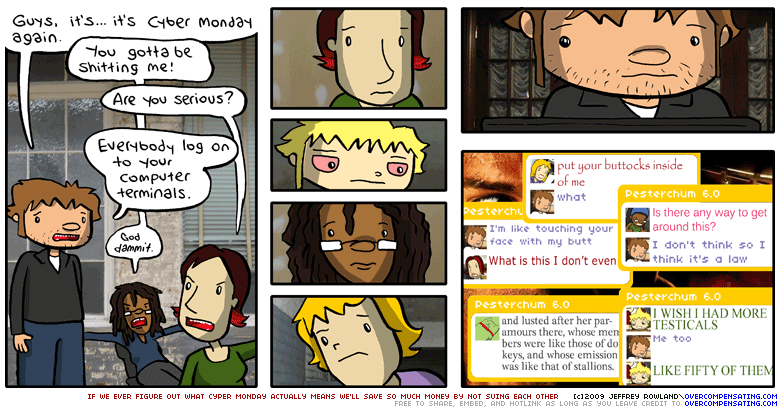got my annual pay raise, works out to about $75 per biweekly paycheck. that’s better than a punch in the scro, but considering this only comes once a year and the cost of everything can quadruple when a billionaire sneezes, kinda getting nowhere. it’s alright. i know i can sell my screenplay and make a bank full of money. i know it.
–



